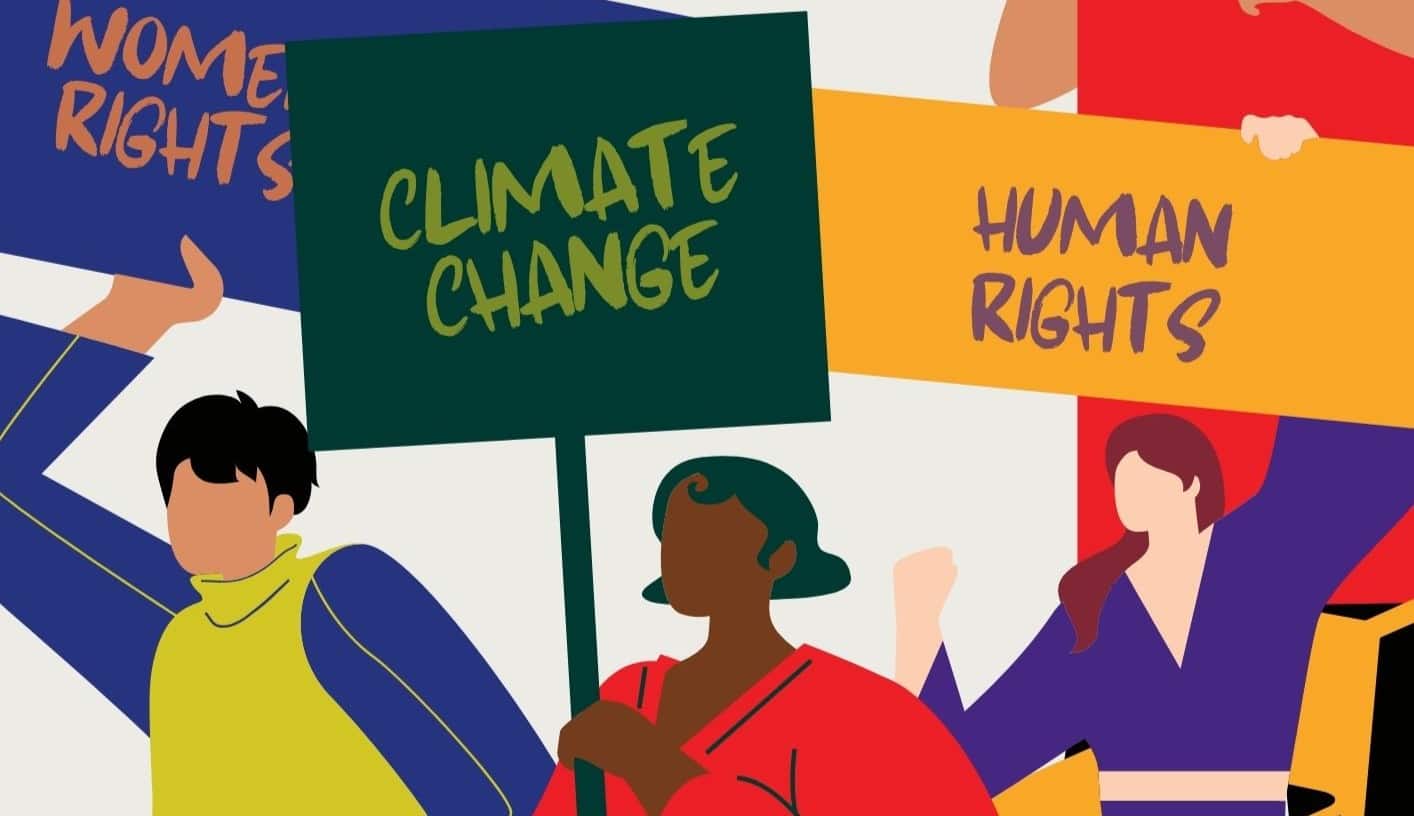
Twenty-eight days and £10 million: Rights-violating restrictions on protests in Northern Ireland
20th November 2025
Our new report, ‘Twenty-eight days and £10 million: Rights-violating restrictions on protests in Northern Ireland,’ is available to download.
Protests are a crucial way for people to express dissent and push for change in a democracy. In our report, we bring new facts from dozens of freedom-of-information requests and interviews regarding how contemporary protesting operates in Northern Ireland.
As well as setting out a number of specific recommendations for the UK government and local authorities in Northern Ireland to address restrictions on protest rights in the region, our report also calls on human rights experts, such as the top UN expert on the right to freedom of assembly, to raise these issues with the UK government.
Our headline findings include:
- People in Northern Ireland must provide 28 days’ notice of a planned march, compared with only 6 days’ notice in England and Wales.
- Some local authorities in Northern Ireland require protesters to purchase £10 million worth of insurance cover before they can hold their rally.
- Many local authorities have either excessive restrictions or no policy at all regarding protests on public lands in Northern Ireland. Some treat protests as being akin to commercial events so that protesters must effectively pay to protest.
- Protest groups are treated by the Parades Commission as if they were planning to hold sectarian marches tied to Protestant/unionist/loyalist or Catholic/nationalist/republican identities, when this is not the case.
- The authorities in Northern Ireland are misapplying laws and policies inherited from the ‘Troubles’ to marches about environmental issues, women’s rights, reproductive rights and racial justice – resulting in repression.
This excessive ‘security’-focused treatment of the right to protest, as if all protesters presented a serious threat of public disorder or violence, has a discouraging or ‘chilling’ effect on protests in Northern Ireland. Our research suggests that people are avoiding staging peaceful protests that they would have had a human right to hold.
We conclude that the policing of protests in Northern Ireland systematically breaches the European Convention on Human Rights, particularly the Article 11 right to freedom of assembly. We believe that these breaches are so serious and systemic that would-be protesters could and should challenge them in court, in order to restore respect for rights.
